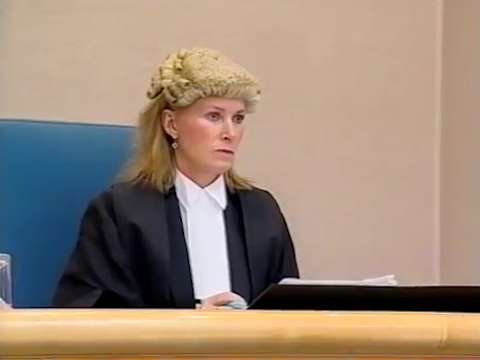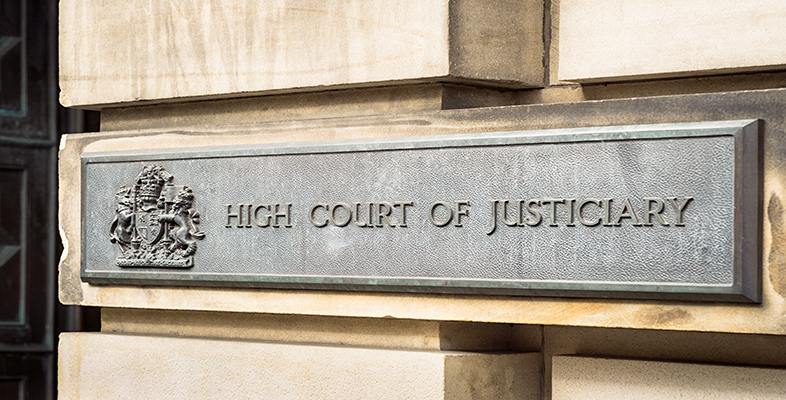3 Criminal court procedure
Box 2 summarises the procedure that is generally followed in a Scottish criminal case. The verdicts reached at the end of a case are unique in the UK as there are three possible outcomes:
- Guilty, which means the evidence has been enough to prove 'beyond reasonable doubt' that the individual accused and charged with a criminal offence committed the crime or part of the crime. The judge may sentence the accused immediately or postpone sentencing for reports.
- Not proven, which means that there is evidence against the defendant but it is insufficient to convict. The accused is then free to leave the court.
- Not guilty, which means there wasn't enough evidence to prove the case 'beyond reasonable doubt' or there were other reasons why the accused wasn’t found guilty. The accused is then free to leave the court.
There have been several attempts to change these verdicts, including the Criminal Verdicts (Scotland) Bill 2016 which failed to pass on 25 February 2016. There have also been reviews on the majority verdict. Scotland is one of the few jurisdictions to use a simple majority verdict. This simple majority has been questioned as to whether it can be reconciled with the burden of proof required in criminal cases and whether it leads to miscarriages of justice. Reviews are on-going.
Box 2 Criminal court procedures
Making a plea
At the start of a case the accused is asked to plead to the charge or charges they face. If the plea is not guilty, a date will be fixed for a trial when evidence in the case will be heard. This date may be several weeks ahead. The accused can plead guilty to the charges at any stage in the proceedings. Where the accused pleads not guilty a hearing, in summary cases called an intermediate diet, is set down a couple of weeks before the trial. This is to confirm that the trial is ready to go ahead on the allocated date. If for any reason the trial cannot go ahead as planned, a new date may be fixed at this stage.
The trial
At the trial, where the accused still wishes to plead not guilty to the offence, both the prosecutor and the accused can call witnesses to give evidence. Sometimes the trial cannot go ahead on the arranged day. This can happen for a number of reasons, many of which are outwith the court’s control, for example where a witness or the accused falls ill.
After all the evidence has been presented by both the prosecutor and the defence, a decision is taken on the guilt of the accused. In a jury trial, where 15 people hear the evidence, the jury makes this decision. This happens in High Court cases and in solemn cases in the sheriff court. In all other trials the sheriff or Justice of the Peace makes that decision on the basis of the evidence which has been presented.
The sentence
If the accused has pled guilty, or has been found guilty after the trial, the court will consider the question of sentence. This might not happen on the same day. The case might be continued for several weeks for a number of reasons, for example, so that the court can ask for background reports. These reports will provide the court with additional information on the offender which will help when deciding on the most appropriate method of dealing with the case. Where a case is continued, the court will decide whether the accused is to be detained in custody, released on bail or allowed to remain at liberty with no conditions attached.
Various sentences can be imposed by the court. These may include a sentence of imprisonment, the imposition of a fine or the issue of a community payback order, a restriction of liberty order or a drug treatment and testing order. More information about how a judge decides a sentence, and what sentences can be given in Scotland, is available on the Scottish Sentencing Council website.
You should now watch the following video which provides an example of criminal court proceedings.

Transcript: Criminal court proceedings
[MUSIC PLAYING]
